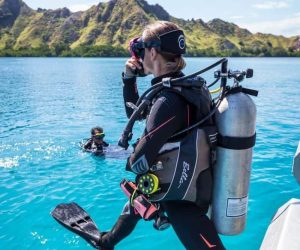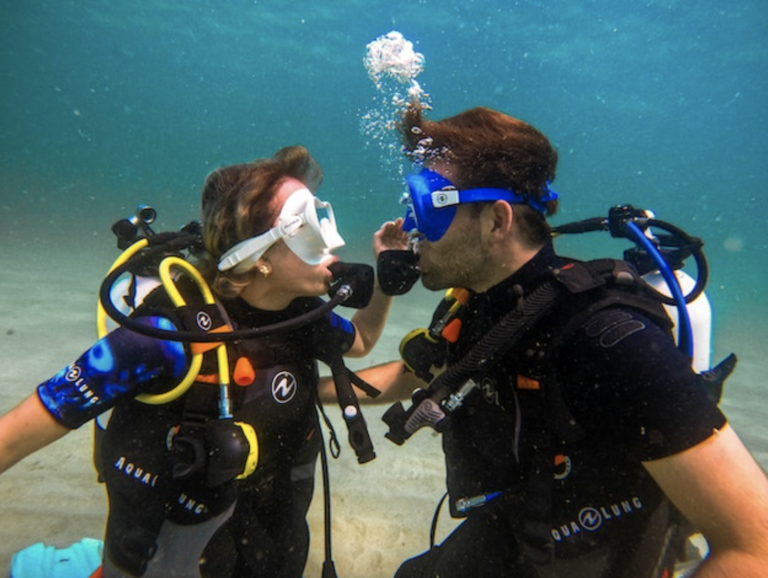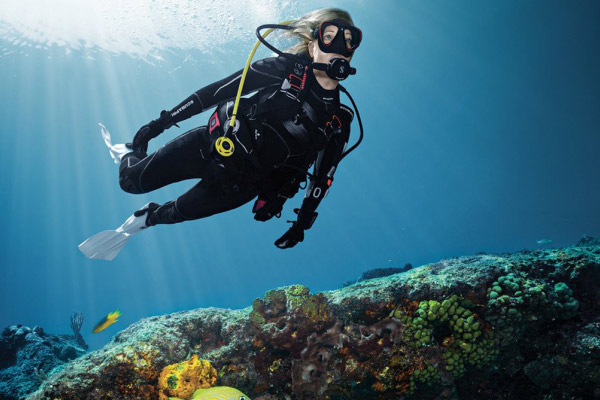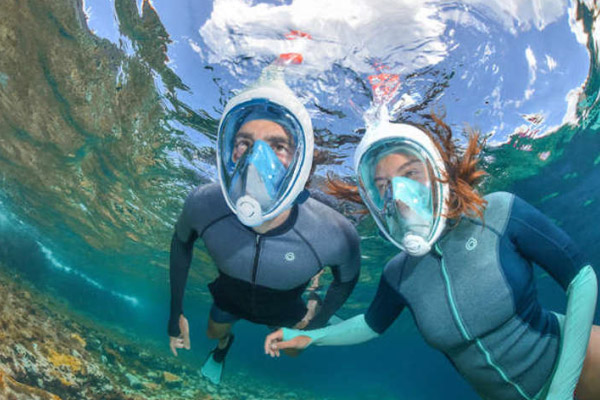O diving in deep water is a practice that requires physical and mental preparation. Divers can dive in lakes or seas, depending on the area they intend to explore.
O deep water diving requires training and a specialized wetsuit to help stay underwater for long periods of time.
In addition to physical and mental conditioning, divers need to learn about the principles of this modality and must always use common sense, before entering the water at unimaginable depths.
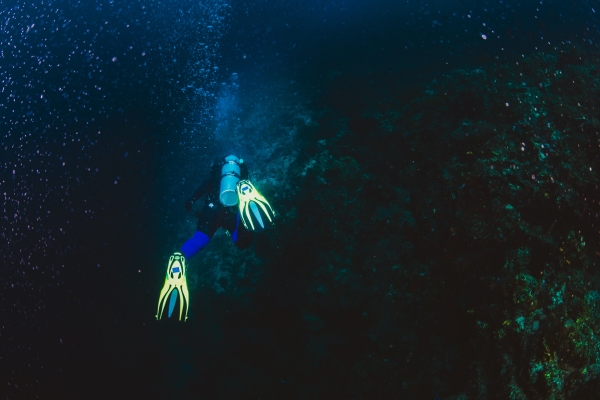
Contents
What is deep diving?
As the word suggests, deep diving means going to a depth that only skilled professionals are able to reach. In general, novice divers can dive to a depth of less than 18 meters.
In other words, deep diving refers to diving to a depth of 18 to 40 meters, and deeper than that is the domain of technical diving.
What skills and precautions are needed?
There are three major risks in this modality: First, the risk of decompression sickness increases.
The deeper you go, the shorter the no-decompression dive time, about 20 minutes at a depth of 30 meters.
Therefore, it is important to manage and verify a diving plan in advance and be accompanied by someone who understands this practice.
The second is an increase in oxygen consumption. Consuming more and more air as you dive, it is essential that you learn to save.
The third is nitrogen narcosis. This condition is believed to occur at depths above 30 meters, but the deeper you go, the greater your risk of developing decompression sickness, so caution is warranted.
On the other hand, it is easier to control buoyancy because there is less change in water pressure than in shallow water, which is very interesting to be highlighted here.
Deep water diving risks
As with all sports in the world, this one would be no different. The most common ones in deep diving are:
lung distention
Wrong behavior when emerging has dangerous consequences. When the lungs expand, air is forced into the bloodstream, which can lead to paralysis and even death.
Excessive stretching becomes noticeable through pain immediately after surfacing and should be treated immediately by a doctor.
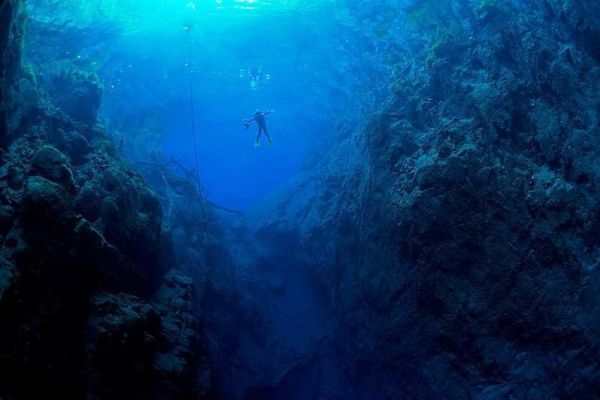
decompression sickness
Proper decompression, i.e. slowly reducing pressure as they emerge, is the difference between life and death. During the descent, the body absorbs gases. These must be handed over again when you emerge.
If the diver returns to the surface too quickly, the dreaded “coffin sickness” (or decompression sickness) can occur.
Going up too quickly causes gas bubbles from the dissolved nitrogen to form in the vessels, which leads to air embolism and insufficient blood flow.
eardrum rupture
From just a few meters, a painful sting or hissing in the ear can occur while diving. The cause is water pressure pressing on the eardrum.
Normally, inner ear pressure and external pressure equal out above water. If external pressure increases as you descend, the eardrum bends inward.
Negative pressure is created in the inner ear. Pain and disorientation can result. In the worst case, the eardrum even ruptures.
Tips for safe deep water diving
Faced with such dangers, it is clear that you should only start diving if you are healthy. That's why at the beginning of each stage of the dive there is an aptitude test to be done.
If the traffic lights are green after your result, it is important that you look for a good professional who, little by little, will introduce you to the subject in more efficient and effective ways.
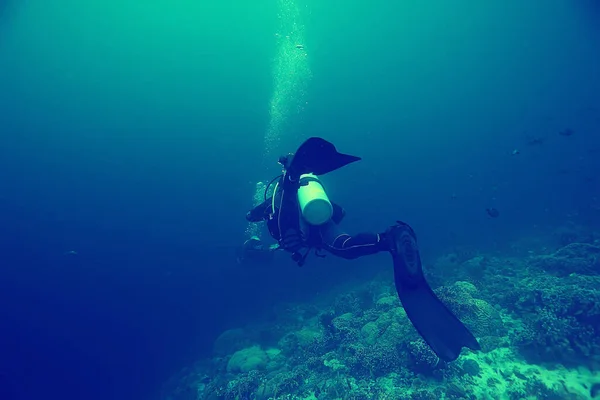
What kind of world awaits you?
Although there are many risks, there are creatures that can only be seen in a deep water diving, and there are lost underwater worlds almost unexplored, waiting only for adventurers.
In addition, many of the wrecks and caves are relatively deep, and even if the top or entrance is about 10 meters, if you keep going, you will have points that easily exceed 20 meters.
To experience this style of diving, it depends on your courage, your physical condition at that moment and the conditions of the sea.
Can you face such an adventure with the Ikigai team?

